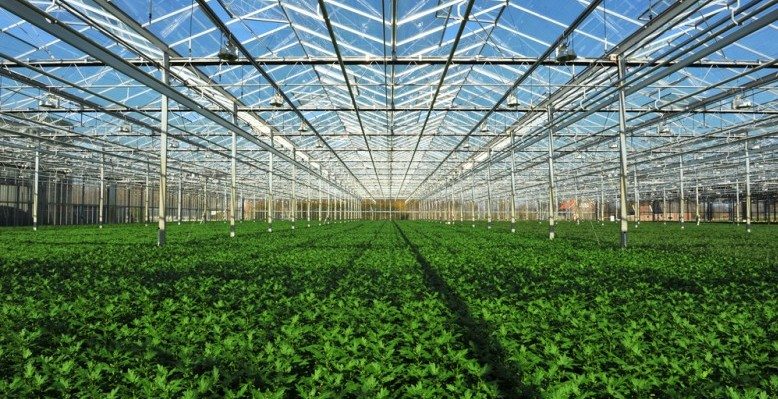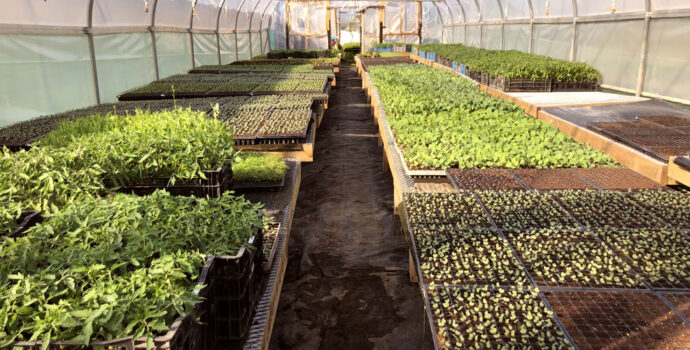Radical Changes Needed to Save Horticultural Sector

Addressing the Joint Oireachtas Committee for Agriculture on the Consolidation in Horticultural Grower Numbers, IFA Deputy President Brian Rushe said that in order for the horticultural sector to survive and prosper, radical changes must be implemented.
The number of horticultural growers in Ireland is on a declining trend. With the current state of the sector, it is like to continue this way, with a projection that the area of field vegetables will contract by a minimum of 7% again this year.
“The challenges facing this sector are multi-factorial. The rising cost of production and the dominant position of the retail buyers has resulted in the consolidation of growers over the past decade,” Brian Rushe said.
IFA National Fruit & Vegetable Committee Chair Niall McCormack said retailers have used fresh produce in particular, as marketing tools, to attract consumers into their stores, offering fresh fruit and vegetables at discount prices that do not relate to the production costs.
“Retailers may claim that the cost of special promotions is funded by them and while this may be accurate on a short-term basis, the cost of such promotions is built into procurement prices over time,” he said.
“It is imperative that the new Agri-Food Regulator addresses these issues with urgency,” he said.
IFA National Potato Chairman Sean Ryan said below-cost selling/procurement must be prohibited. Often below cost priced Irish grown vegetables have been used front-of-shop by some retailers for the past 20 years to lure in consumers.
“The IFA is calling for a ban on the below cost selling/procurement of food and that the Agricultural and Food Supply Chain Bill 2022 be amended in the Seanad to address this.”
Availability of workers is also a key issue facing the sector, with staffing issues becoming not just a seasonal issue but one that is all year round.
“Ireland is an outlier in Europe because it has no system for granting seasonal employment permits for foreign workers in sectors such as fruit picking, putting our growers at a competitive disadvantage,” he said.
“A bespoke seasonal work permit scheme for foreign workers must be a priority for the sector, in conjunction with a continuous supply of permits from the General Employment Scheme,” he said.
Brian Rushe also noted that the longstanding issue of peat availability for domestic horticulture remains a bone of contention.
“The only measure that will resolve this is to introduce primary legislation to allow for the extraction of domestic peat for the Irish market, however, the Government is not willing to face reality and solve this problem,” Brian Rushe stated.
“The importance of underpinning our domestic Irish production has never been as important following recent shortages of certain products and the emphasis on food security.”
“Better supports are needed for Irish vegetable growers to avoid any more from exiting the sector and leaving the country even more dependent on imports. Fairness must be returned to a fundamentally unfair food supply chain,” Brian Rushe concluded.
You can watch the Joint Oireachtas Committee for Agriculture on the Consolidation in Horticultural Grower Numbers here. Live from 5.30pm on Wednesday, 28th June 2023.



